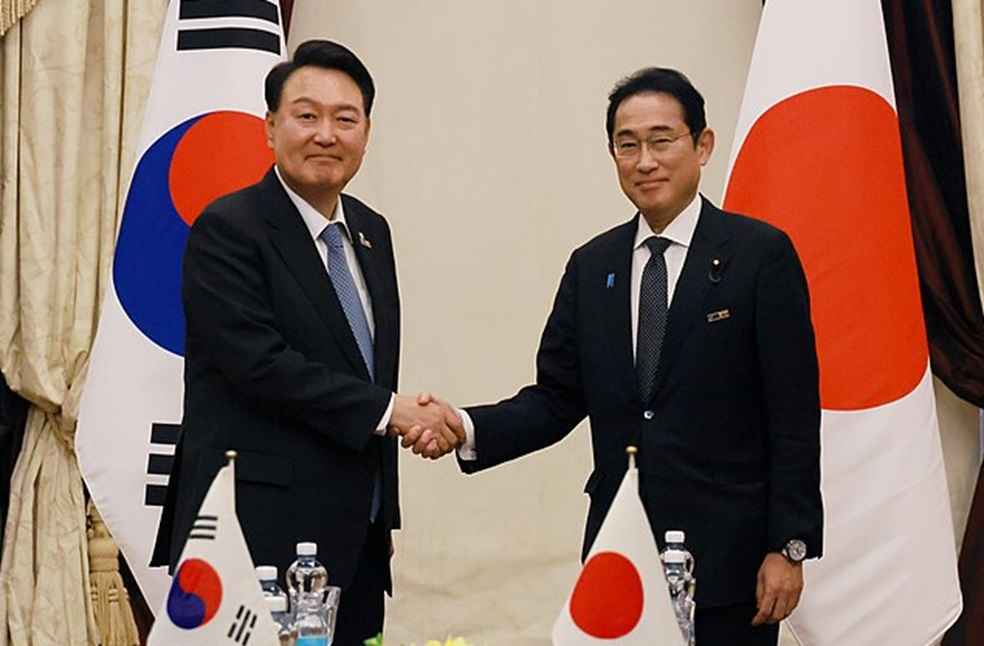Seoul: Yoon Suk-yeol, President of South Korea, has announced that there will be no change in plans to increase medical school admissions.
The President blamed the physicians for creating a cartel and emphasised that the proposed addition of 2,000 medical school places is the bare minimum required. In a speech to the nation, Yoon stated that this move was necessary to improve the country’s healthcare system.
“The number 2,000 is not a random figure we came up with. We have thoroughly reviewed relevant statistics and research and reviewed present and future medical situations,” Yoon stated. He went on to explain that the government’s reforms were aimed at establishing “a medical environment where all people can receive treatment with a peace of mind.”

Yoon commented that, “Doctors opposed to the plans should stop making threats and present a unified blueprint with clear scientific reasoning. If a more valid and reasonable plan is brought forward, we can discuss as much as they want.”
The proposed reforms caused around 12,000 junior doctors in South Korea to go on strike since the beginning of February. This situation led to hospitals cancelling surgeries and treatments. The government of South Korea claims that these reforms are vital to cope with staff shortages and manage the country’s evolution towards an ageing community.
According to the Organisation for Economic Co-operation and Development (OECD), South Korea contained only 2.6 physicians per 1,000 people in 2022, which is much lower than the average of developed countries.

Trainee doctors are concerned that the medical system is not capable of handling a sudden surge in recruits, which may lead to a decline in the quality of medical assistance. As a result, doctors who are part of the walkout face the possibility of losing their medical licenses as the government recently brought measures to suspend them.
President Yoon urged doctors to resume work before their license suspension procedure is complete. He believes that collective action should only be considered when assurances are not kept. The South Korean leader conveyed regret for the inconvenience induced to the public and apologised for being unable to quickly fix the problems confronted by the people.
Public support for South Korean President Yoon decreased due to the ongoing strike, with just over 36 percent of South Koreans conveying a favourable opinion of him in a recent poll. Parliamentary elections next week will be required to Yoon’s possibilities of avoiding lame-duck status in the remaining three years of his term.



